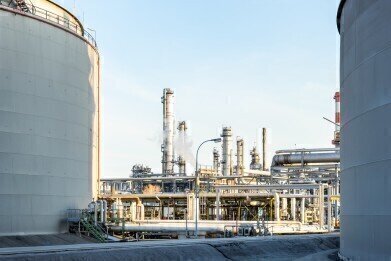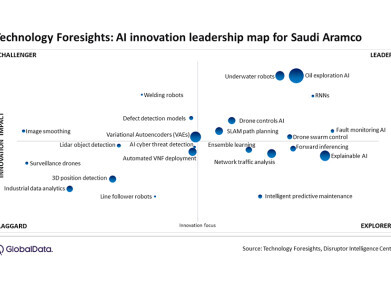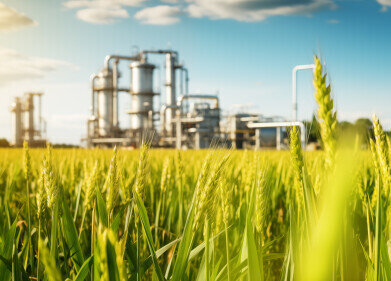Fuel for Thought
What is Petrochemistry?
Sep 01 2015
The scientific world is made up of a myriad of different spheres, each with its own unique characteristics and purposes. Petrochemisty is one particularly important branch, yet the complex sounding name often induces confusion. To clear up the uncertainty we’ve put together a guide covering what it is, and why it’s important.
The study of oil
Put simply, petrochemistry refers a branch of chemistry that focuses on how crude oil and natural gas are transformed into raw materials and other useful products. Today, such resources are considered an integral part of the modern economy which makes petrochemistry an incredibly valuable field.
The basics
To understand the field of petrochemistry it’s important to comprehend what petroleum is and where it comes from. Over millions of years, natural changes in organic materials have produced petroleum which has accumulated under the earth’s surface. Petroleum rich areas are generally found in regions that support retention, such as porous sandstones.
Crude oils are naturally occurring liquids made up of various hydrocarbon compounds that differ in appearance and composition. Average composition rates are 84% carbon, 14% hydrogen, 1%-3% sulphur, and less than 1% each of nitrogen, oxygen, metals and salts. Depending on the sulphur content crude oils are either categorised as sweet or sour.
The early days
1859 saw the world introduced to its very first oil commercial, just two years after the first oil refinery was constructed. When petrochemistry first emerged as a scientific field in the 1900s it was used to develop basic materials such as synthetic rubbers. In 1907 scientists developed the first petrochemical-derived plastics, the 1920s saw the successful creation of petrochemical solvents and the 1930s gave way to polystyrene. The industry then began to boom, with petrochemistry used to produce a myriad of materials used to manufacture everything from furniture, textiles and kitchen appliances to transfusion bags and pacemakers.
The petroleum revolution
In the late 1940s the industry flourished, with WWII fueling demand for petrochemicals. This was largely due to skyrocketing demand for synthetic materials. During this period the petrochemistry field underwent serious advancement. Now petrochemistry is used to support highly specialised fields such as crime detection and archaeology.
If you’re interested in knowing more about how science is used in the modern economy, ‘Overview of Most Commonly Used Analytical Techniques for Elemental Analysis’ explores how element determination and quantification is of integral importance to various fields. It offers readers an overview of commonly used techniques, including atomic spectroscopy and X-ray fluorescence spectrometry.
Digital Edition
PIN 25.2 Apr/May
May 2024
Safety - Carbon monoxide toxic and flammable gas detection Analytical Instrumentation - Density: A fundamental parameter at critical stages within the petroleum sector - Advancements and...
View all digital editions
Events
May 20 2024 Columbus, OH, USA
May 20 2024 Dubai, United Arab Emirates
May 23 2024 Beijing, China
May 23 2024 Beijing, China
May 28 2024 Tel Aviv, Israel


















